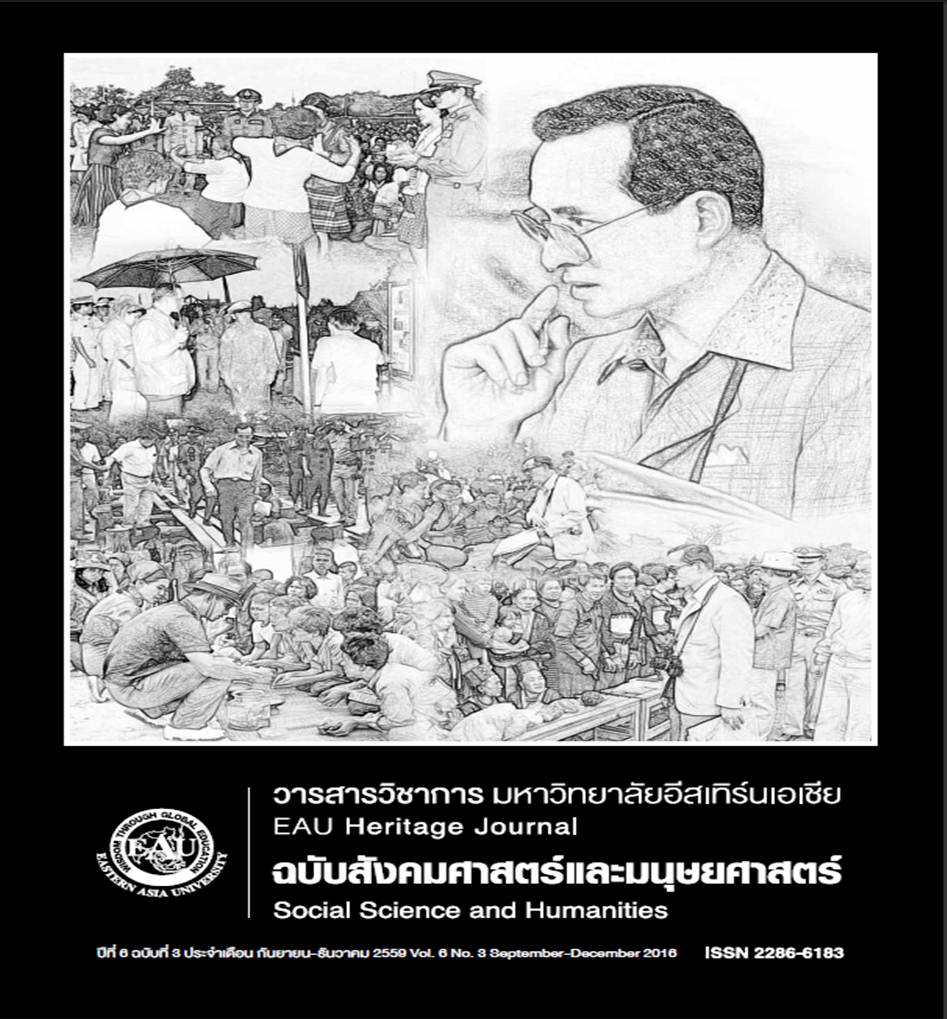Buddha Dhamma and Sufficiency Economy
Keywords:
Buddha Dhamma, sufficiency economy, human greed, mind- based scienceAbstract
Consideration of Buddha Dhamma, the core teaching of Buddha that is fundamental to Thailand’s culture, can help enrich understanding of Sufficiency Economy Philosophy (SEP). SEP is the development approach formulated by Thailand’s King Bhumibol Adulyadej. His Majesty first introduced SEP to the public in 1974, but its value only began to be widely recognized after he identified it in December 1997 as the appropriate response to the major economic crisis that was then afflicting Thailand. In common with all major religions, SEP decries greed. All religions are grounded in the scientific observation that every time greed has existed in any human community or society in a significant way it has been accompanied by human catastrophes. Factual evidence has proven this time and again throughout human history. Buddha Dhamma has the status of a mind-based science in that its epistemology consists of theory, actual practice after the theory, and finally, evaluation of the theory. It considers not only matter and energy as in physics but also the mind as the third dimension. As SEP draws some concepts from Buddha Dhamma, it can be said to rest on a mind-based science - not only on an ethical philosophy as is understood in the West. Practicing SEP will lead to the sense of wellbeing, of peacefulness, that comes from having a well trained mind rather than the pleasure that depends heavily on global exploitation of material resources. For this reason, it is time for people world-wide to gain a deep understanding of Sufficiency Economy so that they can achieve peace and tranquility before being confronted with all kinds of problems-- even the end of the human race-- that are caused or exacerbated by climate change rooted in human greedDownloads
Published
2016-12-27
Issue
Section
บทความพิเศษ





